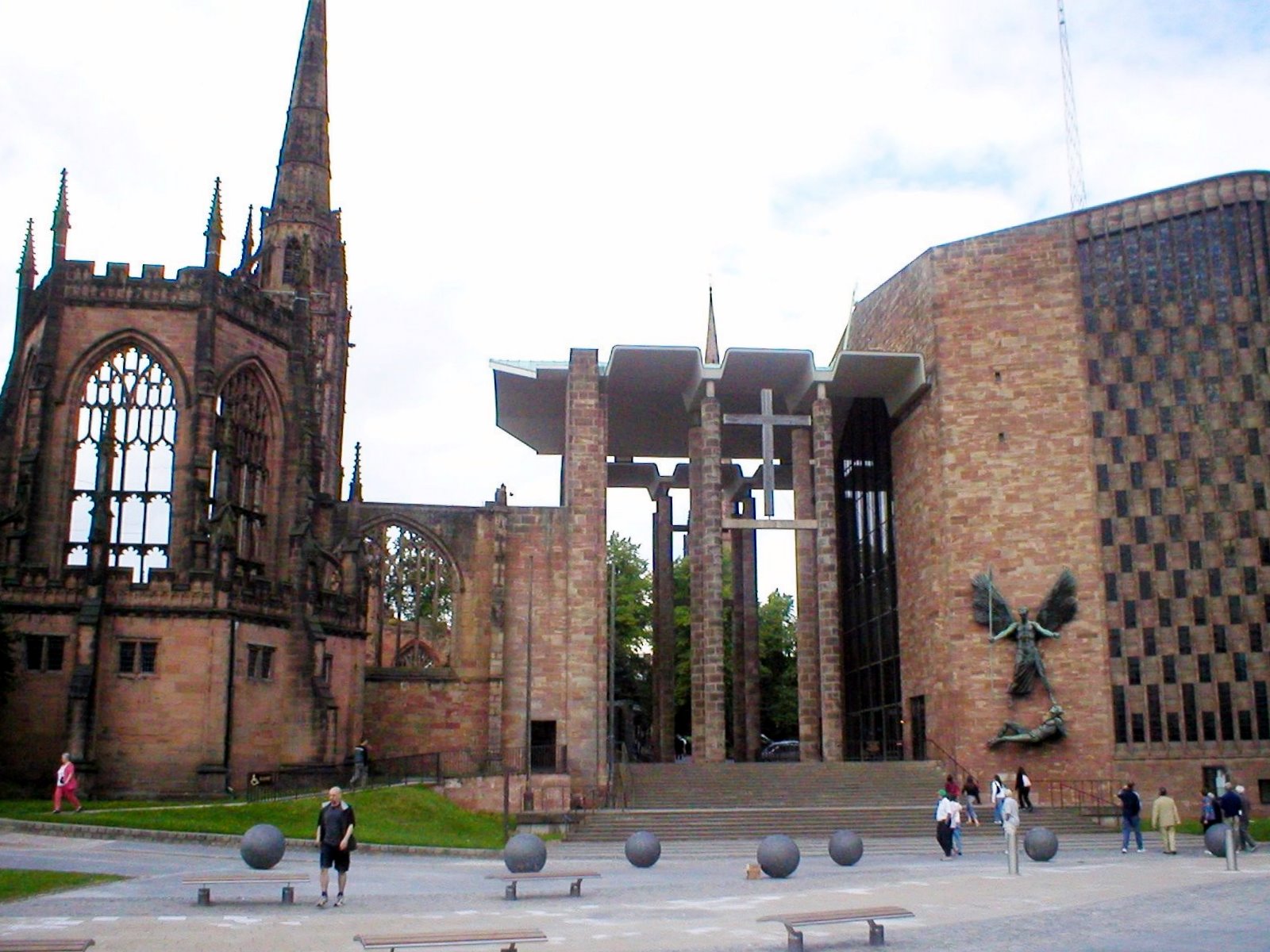Akinola's followers in the United States may be even more compromised than I knew; in an an article in the current Atlantic, Eliza Griswold, the daughter of former Presiding Bishop Frank Griswold, describes sectarian conflict in Nigeria between Muslims and Christians. After a 2004 attack by Muslims on a church in which 70 Christians were murdered, an organization called the Christian Association of Nigeria retaliated, killing 660 Muslims, burning a dozen mosques, and raping and killing at least 50 young Muslim girls. From the Article:
At the time of the massacre, Archbishop Peter Akinola was the president of the Christian Association of Nigeria, whose membership was implicated in the killings. He has since lost his bid for another term but, as primate of the Anglican Church of Nigeria, he is still the leader of 18 million Anglicans. He is a colleague of my father, who was the presiding bishop of the Episcopal Church in America from 1997 to 2006. But the American Episcopals’ election of an openly homosexual bishop in 2003, which Archbishop Akinola denounced as “satanic,” created distance between themAs Father Jake points out, this grinning "no comment" is as far as imaginable from a Christian response.
. . . .
“My views on Islam are well known: I have nothing more to say,” [Akinola] said, as we sat down. Archbishop Akinola has repeatedly spoken critically about Islam and liberal Western Protestants, and he was understandably wary of my motives for asking his thoughts. For Akinola, the relationship between liberal Protestants and Islam is straightforward: if Western Christians abandon conservative morals, then the global Church will be weakened in its struggle against Islam. “When you have this attack on Christians in Yelwa, and there are no arrests, Christians become dhimmi, the vocabulary within Islam that allows Christians and Jews to be seen as second-class citizens. You are subject to the Muslims. You have no rights.”
When asked if those wearing name tags that read “Christian Association of Nigeria” had been sent to the Muslim part of Yelwa, the archbishop grinned. “No comment,” he said. “No Christian would pray for violence, but it would be utterly naive to sweep this issue of Islam under the carpet.” He went on, “I’m not out to combat anybody. I’m only doing what the Holy Spirit tells me to do. I’m living my faith, practicing and preaching that Jesus Christ is the one and only way to God, and they respect me for it. They know where we stand. I’ve said before: let no Muslim think they have the monopoly on violence.”
Akinola's condonation of anti-muslim violence (and his use of the "monopoly of violence" language) in the wake of mass murder has been pointed out previously in the context of a 2006 slaying of forty Muslims, but his interview with Griswold shocks the conscience.
The astonishing thing is that "reasserters" are appallingly eager to follow this "Lion of Ajuba," with no thought for his prey. Apparently, his being antigay is enough to wash away the blood of those with whom this lion decided not to lie down.
UPDATE, 2/29/08: Per Father Jake, I see that the original post conflated Akinola's response to the 2004 massacre described by Ms. Griswold with his similar response to one in 2006 described in Fr. Jake's linked post. My bad, Akinola's worse.






